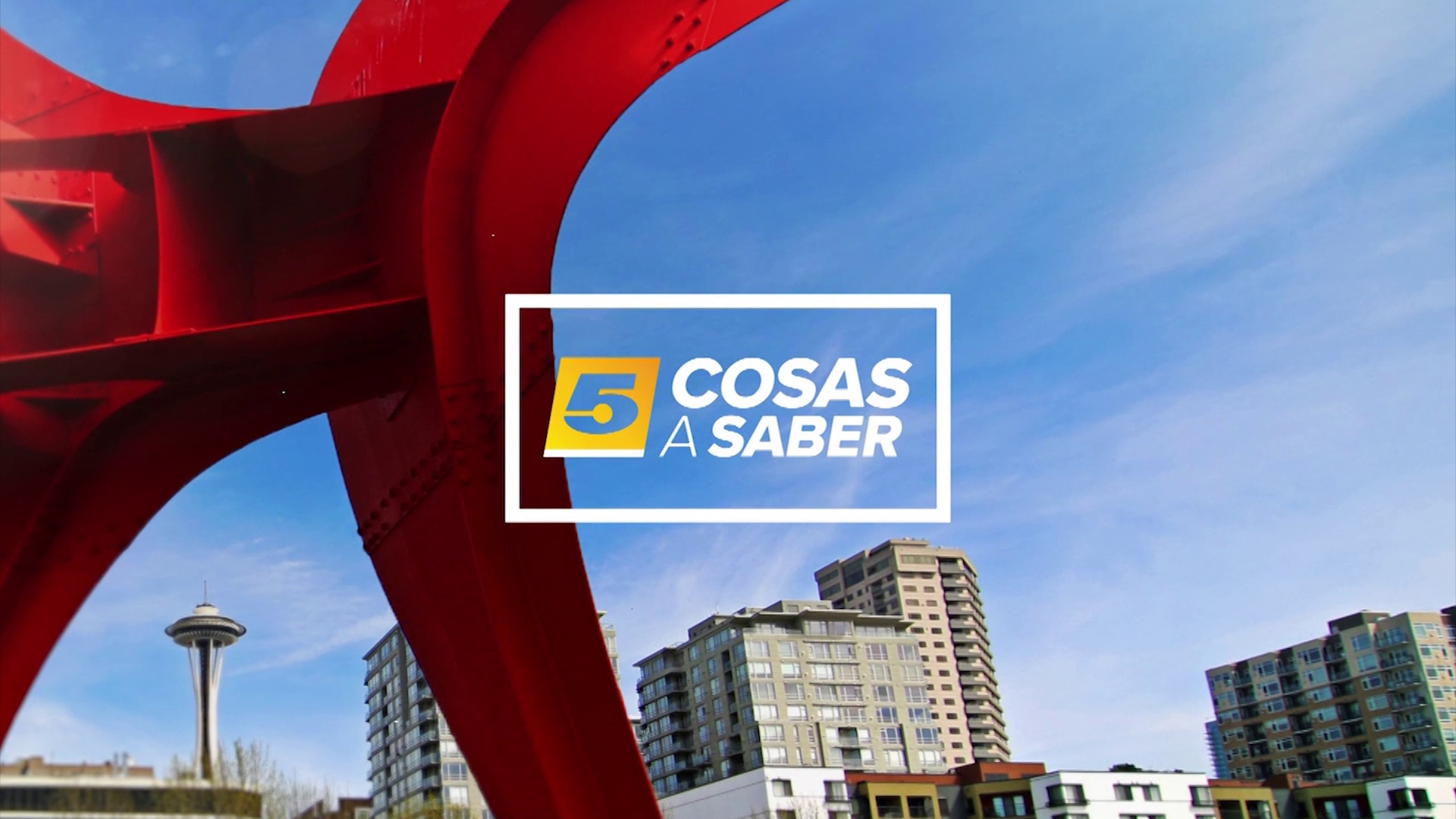Paul G. Allen, who co-founded Microsoft with his childhood friend Bill Gates before becoming a billionaire philanthropist who invested in conservation, space travel and professional sports, died Monday. He was 65.
His death was announced by his company, Vulcan Inc., on Monday.
Earlier this month Allen announced that the non-Hodgkin's lymphoma that he was treated for in 2009 had returned and he planned to fight it aggressively.
"Paul loved life and those around him, and we all cherished him in return," Gates said. "He deserved much more time, but his contributions to the world of technology and philanthropy will live on for generations to come. I will miss him tremendously."
Allen and Gates met while attending a private school in north Seattle. The two friends would later drop out of college to pursue the future they envisioned: A world with a computer in every home.
Gates so strongly believed it that he left Harvard University in his junior year to devote himself full-time to his and Allen's startup, originally called Micro-Soft. Allen spent two years at Washington State University before dropping out as well.
They founded the company in Albuquerque, New Mexico, and their first product was a computer language for the Altair hobby-kit personal computer, giving hobbyists a basic way to program and operate the machine.
After Gates and Allen found some success selling their programming language, MS-Basic, the Seattle natives moved their business in 1979 to Bellevue, Washington, not far from its eventual home in Redmond.
"Personal computing would not have existed without him," Gates said.
Microsoft's big break came in 1980, when IBM Corp. decided to move into personal computers and asked Microsoft to provide the operating system.
Gates and company didn't invent the operating system. To meet IBM's needs, they spent $50,000 to buy one known as QDOS from another programmer, Tim Paterson. Eventually the product, refined by Microsoft — and renamed DOS, for Disk Operating System — became the core of IBM PCs and their clones, catapulting Microsoft into its dominant position in the PC industry.
The first versions of two classic Microsoft products, Microsoft Word and the Windows operating system, were released in 1983. By 1991, Microsoft's operating systems were used by 93 percent of the world's personal computers.
The Windows operating system is now used on most of the world's desktop computers, and Word is the cornerstone of the company's prevalent Office products.
Microsoft was thrust onto the throne of technology and soon Gates and Allen became billionaires.
With his sister Jody Allen in 1986, he founded Vulcan, the investment firm that oversees his business and philanthropic efforts. He founded the Allen Institute for Brain Science and the aerospace firm Stratolaunch, which has built a colossal airplane designed to launch satellites into orbit. He has also backed research into nuclear-fusion power.
"Paul wasn’t content with starting one company," Gates said. "He channeled his intellect and compassion into a second act focused on improving people’s lives and strengthening communities in Seattle and around the world. He was fond of saying, 'If it has the potential to do good, then we should do it.' That’s the kind of person he was."



